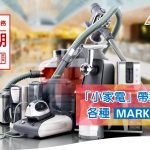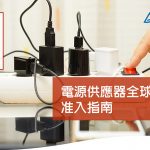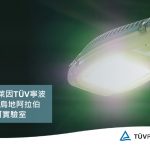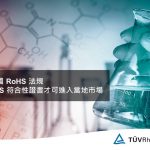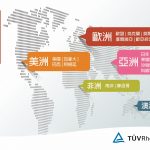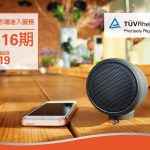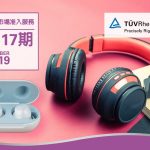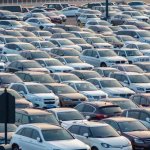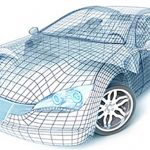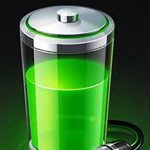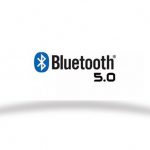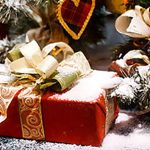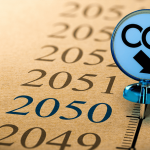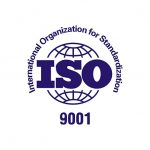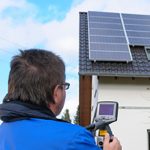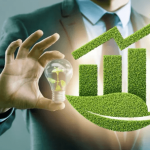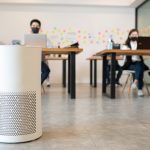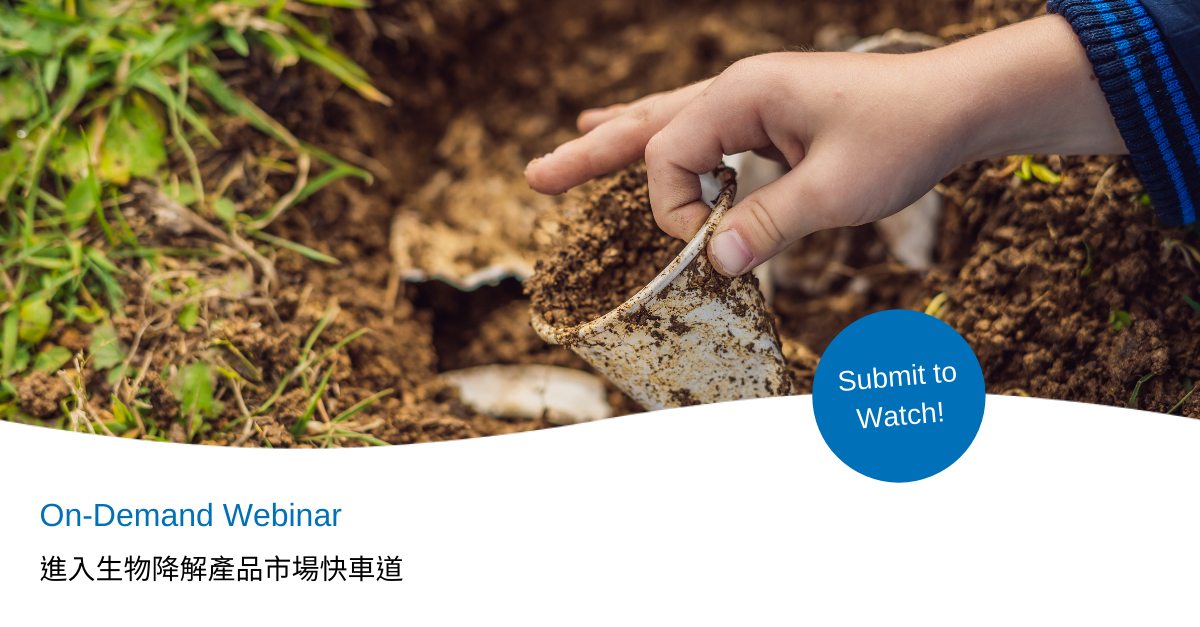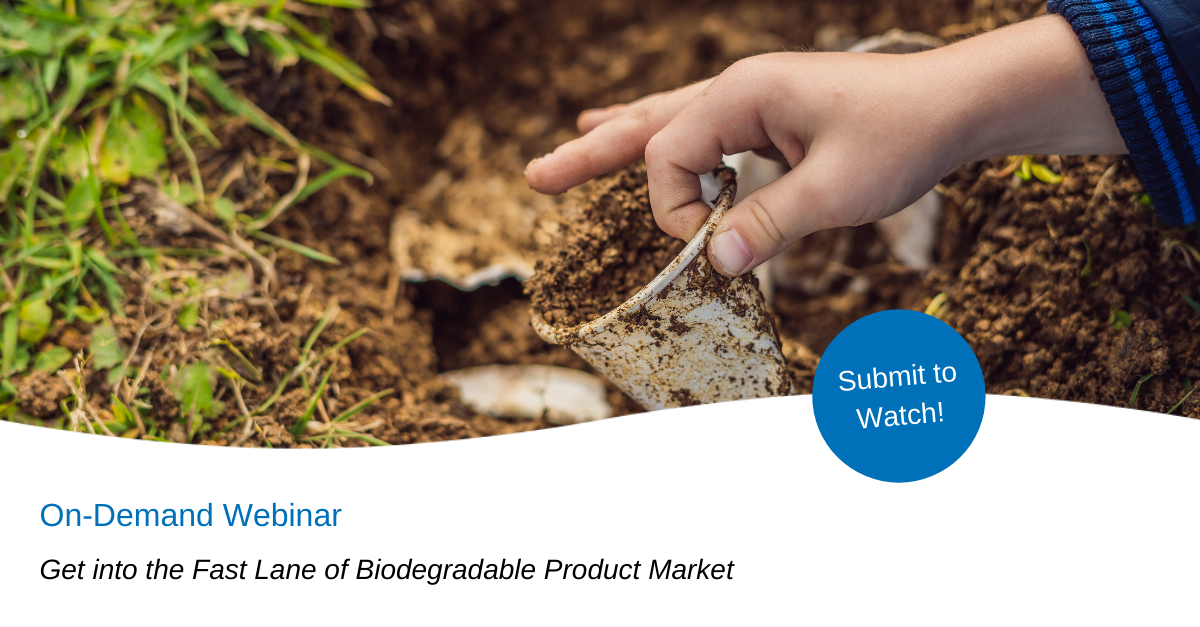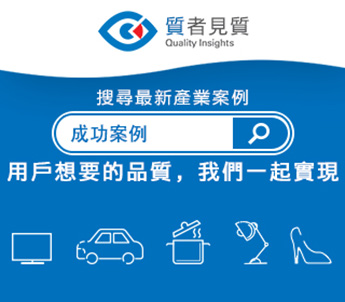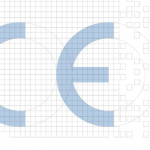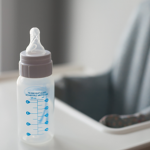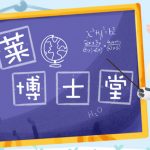歐盟“禁塑令”SUPD與一次性塑料替代產品的關鍵測試 The EU Single-Use Plastics Directive (SUPD) : Crucial test for alternatives

English
歐盟一次性塑料指令(SUPD)生效,目的是保護環境,尤其是海洋。新法規能否實現這一目標?
海裡到處都是塑料,超市裡的貨架上也是,大多數人都曾經看過在海岸上沖刷成噸塑料垃圾的圖像。為了改變這種情況,歐盟於 2019 年頒布了一次性塑料指令SUPD。指令規定,由一次性塑料和泡沫聚苯乙烯製成的總共十種產品從 2021 年 7 月開始不得再在歐盟生產和流通。貨架上不應再出現由一次性塑料製成的盤子、餐具、棉籤和吸管。這十種產品以及舊漁網等漁具佔歐盟所有海洋垃圾的 70% 左右。
有哪些替代品?
塑料包裝和杯子可以由紙板或甘蔗渣製成,但是紙板在生產過程中需要大量能源、化學品和水,所產生的碳足跡與一次性塑料相似。甘蔗渣是生產蔗糖時剩下的纖維狀壓榨殘渣,對環境的影響低於紙板。然而,因為甘蔗渣塗有不易生物降解的防水和防油脂物質,不能堆肥處理。
塑料餐具的常見替代品還包括木製餐具。然而,木材的來源對於氣候平衡來說起著決定性作用,但通常很難識別。木材的替代品是竹子,這是一種可快速再生的原材料。
對於一次性塑料製成的吸管,除了紙板、玻璃、不銹鋼或矽膠製成的可重複使用的吸管外,還有其他創造性的解決方案,包括通心粉、空心草或蘋果渣。
替代產品對身體有害嗎?
替代產品的一大優勢是不會產生微塑膠。但是,歐洲消費者保護協會 BEUC 的一項研究表明,不少替代產品存在有害物質。 BEUC對來自法國、丹麥、意大利和西班牙的 57 種產品進行了檢查,發現53% 的測試產品含有超過推薦值的有害物質,包括潛在致癌物質。例如超過四分之一的樣本中檢測到未經歐盟批准的農藥殘留。
巴登-符騰堡州和北萊茵-威斯特法倫州食品監測和動物健康調查辦公室 (Untersuchungsämter für Lebensmittelüberwachung und Tiergesundheit) 對 2020 年和 2021 年的分析發現在德國市場上的替代產品也檢測到有害健康的物質。此外,Münsterland-Emscher-Lippe 化學和獸醫調查辦公室 (Chemische und Veterinäruntersuchungsamt Münsterland-Emscher-Lippe) 在 2020 年檢查了 600 多個紙吸管樣本。超過一半超過了聯邦風險評估研究所對潛在致癌物質 3-Monochloropropanediol 3-氯-1,2-丙二醇 (3-MCPD)的指導值。 Stiftung Warentest 的一項測試也測試了竹杯對熱飲的健康保護。檢查的十二個產品中有九個被評為有缺陷。這些杯子是由竹與塑料混合物製成的,不能堆肥而且釋放有害物質。 PlastX 研究小組的一項實驗室研究表明,日常塑料物品含有許多化學物質。該研究了 34 件物品,包括酸奶罐和塑料飲水瓶。在實驗室測試中,四分之三的檢測產品含有破壞細胞的物質。
TÜV萊茵助您克服挑戰
無論是塑料或其他各種替代物質所製造的產品,只要是與食物接觸的,其質量安全十分重要。企業必須以負責任的方式開發生產這些材料或材質,以免有害物質釋放到食物中。越來越多新開發的可持續材料被用作食品接觸材料,但我們對這些材料是否會污染食品以及相關合規性的了解還很有限。
針對食品接觸行業所面臨的諸多挑戰,TÜV萊茵開發了多種創新技術服務,可為食品接觸產品和品牌提供從產品設計到上市全過程的一站式合規解決方案,確保產品符合世界各地的要求,包括:合規設計、配方合規評估、新物質與新材料申報、GMP良好生產操作規範評估與現場審核、HACCP評估、DoC符合性聲明管理評估、衛生設計及微生物驗證測試、非有意添加物質(NIAS)測試、整機遷移合規測試、法律法規培訓、DoC、GMP、HACCP等。
限制使用一次性塑膠,使用可降解材料及其他替代材料,目的都是為了減少對地球的影響推動環保。所以生物分解能力測試,展現了產品和材料在特定環境條件下的環保的物理性質劣化情況尤為重要。目前國際上公認的可生物降解標籤包括歐洲生物塑料協會(EuBP)的幼苗工業堆肥標籤、德國標準化學會認證中心(DIN CERTCO)的工業堆肥和家庭堆肥標籤、美國生物降解產品學會(BPI)的工業堆肥標籤以及澳大利亞生物塑料協會(ABA)的工業堆肥和家庭堆肥標籤,只有通過認證的可堆肥塑料產品才能使用這類標籤。消費者可以通過標識上的唯一代碼在發證機構網站上查詢相關企業或產品是否真正通過測試和認證。
DIN CERTCO(德國標準化學會認證中心)是TÜV萊茵旗下可生物降解產品和生物基產品認證機構,在可堆肥性認證方面擁有超過20年的獨立運作經驗,除自身提供認證服務,也為歐洲生物塑料協會(EuBP)、澳大利亞生物塑料協會(ABA)和美國生物降解產品學會(BPI)等組織提供技術審查服務。同時,日本生物塑料協會(JBPA)生物分解塑料(Biodegradable plastics)認證也採納DIN CERTCO認可實驗室出具的報告。
使用替代物料,包括回收材料丶天然材料,目的是降低材料的碳足跡,減少碳排放量。 TÜV萊茵可以根據測試結果和提交的申請文件,依據生物基碳比例含量,出俱生物基認證標識及相應註冊號。
為了減少使用一次性塑料產品,從 2023 年起,德國的餐飲供應商、外賣速遞和餐館將有義務提供可重複使用的容器作為一次性餐具的替代品。一次性塑料產品生產商、使用商家和消費者在使用替代材料時需要注意安全以及其對環境的影響。无论是塑料或其他各种替代物质所制造的产品,只要是与食物接触的,其质量安全十分重要。企业必须以负责任的方式开发生产这些材料或材质,以免有害物质释放到食物中。越来越多新开发的可持续材料被用作食品接触材料,但我们对这些材料是否会污染食品以及相关合规性的了解还很有限。
點擊此處觀看粵語網絡研討會
相關文章
TÜV萊茵生物降解實驗室10周年 TÜV Rheinland Biodegradation Testing Laboratory’s 10th Anniversary
美國生物降解產品學會(BPI)更新商業可堆肥性認證計劃
日本生物塑料協會 (JBPA) 更改其識別標誌名稱
The EU Single-Use Plastics Directive (SUPD) : Crucial test for alternatives
The EU Single-Use Plastics Directive (SUPD) has come into effect, with the purpose of protecting the environment, especially the ocean. Can the new regulations achieve this goal?
There is plastic everywhere in the sea, and also on the shelves in supermarkets. Most people have seen images of tons of plastic waste washed up on coastlines. In order to change this situation, the European Union promulgated the Single-Use Plastics Directive (SUPD) in 2019. The directive stipulates that a total of ten products made of single-use plastics and foamed polystyrene will no longer be produced and circulated in the EU, effective from July 2021. Plates, cutlery, cotton swabs, and straws made of disposable plastic should no longer appear on shelves. These ten products, along with old fishing nets and other fishing gear, account for about 70% of all marine debris in the EU.
What are the alternatives?
Plastic packaging and cups can be made of cardboard or bagasse, but cardboard requires a lot of energy, chemicals, and water during the production process, and the carbon footprint produced is similar to that of disposable plastic. Bagasse is the fibrous pressing residue left over from the production of cane sugar, which has a lower environmental impact than cardboard. However, because bagasse is coated with non-biodegradable waterproofing and greaseproofing substances, it cannot be composted.
Common alternatives to plastic tableware also include wooden tableware. However, the source of wood plays a decisive role in climate balance, and it is often difficult to identify. An alternative to wood is bamboo, which is a rapidly renewable raw material.
For straws made of disposable plastic, in addition to reusable straws made of cardboard, glass, stainless steel, or silicone, there are other creative solutions such as macaroni, hollow grass, or apple pomace.
Are alternative products harmful to the body?
A major advantage of alternative products is that they do not produce microplastics. However, a study by the European Consumer Organisation (BEUC) shows that many alternative products contain harmful substances. BEUC inspected 57 products from France, Denmark, Italy, and Spain, and found that 53% of the tested products contained hazardous substances exceeding recommended values, including potential carcinogens. For example, pesticide residues not approved by the EU were detected in more than a quarter of the samples.
Baden-Württemberg and North Rhine-Westphalia Food Monitoring and Animal Health Investigation Office (Untersuchungsämter für Lebensmittelüberwachung und Tiergesundheit) analyses in 2020 and 2021 found that harmful substances were also detected in alternative products on the German market. In addition, the Münsterland-Emscher-Lippe Chemical and Veterinary Investigation Office (Chemische und Veterinäruntersuchungsamt Münsterland-Emscher-Lippe) inspected more than 600 paper straw samples in 2020, and more than half exceeded the Federal Institute for Risk Assessment’s (BfR) guidance value for the potential carcinogen 3-Monochloropropanediol 3-chloro-1,2-propanediol (3-MCPD). Stiftung Warentest also conducted testing on the health protection of bamboo cups used with hot drinks. Nine of the twelve products inspected were rated as defective. These cups are made of a mixture of bamboo and plastic, which cannot be composted and release harmful substances. A laboratory study by the PlastX research team showed that everyday plastic objects contain many chemical substances. The study looked at 34 items, including yogurt jars and plastic drinking bottles. In laboratory tests, three-quarters of the tested products contained substances that damage cells.
TÜV Rheinland helps you overcome challenges
Whether it is a product made of plastic or other various alternative substances, as long as it comes into contact with food, its quality and safety are very important. Companies must develop and produce these materials or materials in a responsible manner to prevent harmful substances from being released into food. More and more newly developed sustainable materials are being used as food contact materials, but our understanding of whether these materials will contaminate food, and related compliance, is still very limited.
In response to the many challenges faced by the food contact material industry, TÜV Rheinland has developed a variety of innovative technical services to provide a one-stop compliance solution from product design to launch, ensuring that products comply with standards around the world. The solution includes compliance design, formulation compliance evaluation, new substance and new material declarations, GMP good manufacturing practice evaluation and on-site audits, HACCP evaluation, DoC compliance statement management evaluation, hygienic design and microbiological verification testing, non-intentionally added substances (NIAS) testing, complete migration compliance testing, legal and regulatory training, DoC, GMP, HACCP, etc.
The purpose of restricting the use of disposable plastics and instead using degradable materials and other alternative materials is to reduce the impact on the Earth and promote environmental protection. Therefore, biodegradability testing demonstrating the environmentally-friendly physical property degradation of products and materials under specific environmental conditions is particularly important. Currently, internationally recognized biodegradable labels include the European Bioplastics Association (EuBP) seedling industrial compost label, German Institute for Standardization Certification Center (DIN CERTCO) industrial compost and household compost label, American Institute of Biodegradable Products (BPI) industrial compost labels, and Australian Bioplastics Association (ABA) industrial compost and household compost labels. Only certified compostable plastic products can use this type of label. Consumers can use the unique code on a product’s logo to check whether the relevant company or product has actually passed the relevant testing and certification, on the website of the issuing authority.
DIN CERTCO is a certification body for biodegradable products and bio-based products under TÜV Rheinland. It has more than 20 years of independent operation experience in compostability certification. In addition to providing certification services, it also provides technical review services for organizations such as the European Bioplastics (EUBP) association, Australian Bioplastics Association (ABA), and American Institute of Biodegradable Products (BPI). At the same time, the Japan Bioplastics Association (JBPA) also adopts reports issued by DIN CERTCO accredited laboratories for the certification of biodegradable plastics.
The use of alternative materials, including recycled materials and natural materials, is to reduce the carbon footprint of materials and reduce carbon emissions. TÜV Rheinland can issue a bio-based certification mark and corresponding registration number in accordance with test results and submitted application documents, based on the proportion of bio-based carbon content.
In order to reduce the use of single-use plastic products, from 2023, German catering suppliers, takeaway couriers, and restaurants will be obliged to provide reusable containers as a substitute for disposable tableware. Manufacturers, users, and consumers of disposable plastic products need to pay attention to safety and environmental impact when using alternative materials.
Source: Frankfurter Allgemeine Zeitung
Click here to watch the webinar
Related topics
TÜV Rheinland Biodegradation Testing Laboratory’s 10th Anniversary
編輯推薦
熱門分享


